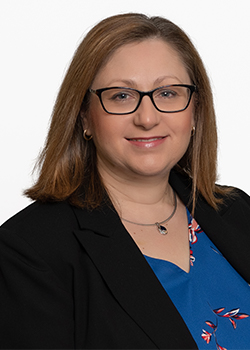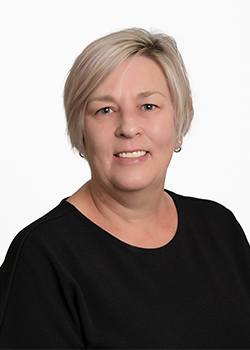Lenders are getting tougher on older borrowers

The mammoth program involves banks contacting more than 900,000 borrowers who have needed to defer making payments on their loans as a result of the COVID-19 pandemic.
Among them are hundreds of thousands of home loan borrowers around the nation with owner-occupied and investment property mortgages.
The first stage of this contact program coincides with the initial wave of six-month loan payment deferrals coming to an end, and will involve the assessment of around 80,000 mortgages by the end of September.
A further 180,000 customers with deferred mortgages will be contacted before the end of October, and the program will continue as the banks work through their customer lists to determine whether further payment deferrals are required.
In short, lenders are seeking to mitigate their potential loan defaults.
Tighter loan serviceability guidelines
But there's a lot more going on behind the lending scenes than immediately meets the eye.
Some of this is directly related to COVID-19, but there also have been developments that follow recent regulatory updates in responsible lending guidelines.
Following the Royal Commission into Misconduct in the Banking, Superannuation and Financial Services Industry, at the end of last year the Australian Securities and Investments Commission updated its guidelines for how it expects lenders to deal with borrowing applications.
Those updates are still filtering through the lending system.
In its detailed guidelines, ASIC outlines that lenders should specifically be noting whether there are "foreseeable reductions" to the amount or frequency of a loan applicant's income.
What the regulator means is that it wants lenders to pay particular attention to older borrower applicants who are at an age where the loan they are seeking would mature beyond their retirement age.
ASIC recommends that lenders should be proactively asking these applicants how they intend to pay off their loan.
"For example, if a consumer is approaching retirement, and will still be making repayments on the credit product after their expected retirement age, you will need to determine whether this event is likely to change their income, and information about the amount that is expected to be available," ASIC states.
"And, if the income is of a kind that has a known end date which will occur during the term of the loan...you should have regard to the effect that change to income is likely to have on the consumer's overall financial situation."
These are general lending guidelines, however what's changed in recent months is that some lenders have strengthened their loan serviceability criteria – especially in relation to home loans.
They've done this by instructing their internal loan managers and external mortgage brokers to ask borrowers approaching retirement age to document their actual loan exit strategy, including the age they intend to stop working.
One large bank has recently issued instructions that if a loan applicant is aged over 55 or intends to retire in the next 10 years, their application will need to include:
- "At least one co-applicant under the age of 55 or within 10 years of their intended retirement with "sufficient income to service the home loan at drawdown.
- "Evidence of financial assets worth at least 100 per cent of the loan limit; or
- "Evidence of a plan to downsize an owner-occupied home (with at least $200,000 in available equity at drawdown) once the applicant retires."
Loan exit strategies to consider
ASIC's responsible lending guidelines state that borrowers should preferably be able to meet their payment obligations from income rather than from the sale of assets.
But the regulator recognises that may not always be possible post retirement, and that asset sales may be required to extinguish a loan.
One important point to note is that most lenders are unlikely to consider the future sale of your principal place of residence as an acceptable loan exit strategy.
However, the intended future sale of an investment property, or being able to gain access to equity in a property through an equity release facility such as a reverse mortgage, are likely to be considered as viable exit plans.
Other assets that lenders will take into account when assessing pre-retirement loan applications are superannuation (if it is sufficient to pay off the loan balance), and investments outside of super such as shares.
On the income level, lenders will consider any plans to continue earning income on a casual of part-time basis, rental income derived from investment property, and dividend income from shares.
The key for those close to retirement who may be contemplating borrowing money for a property or other investment purposes is to be prepared to answer some hard questions during the application process.
Having a well-defined loan exit strategy has become a much more important part of the lending process for older Australians.
Tony Kaye
Personal Finance Writer
15 September 2020
vanguardinvestments.com.au







